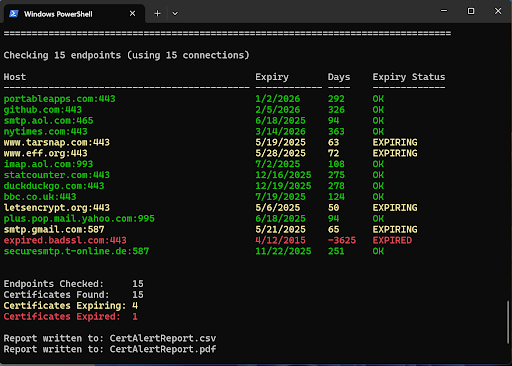The Importance of SSL Certificate Management for Website Security
In the digital age, the security of online transactions and communications is paramount. One of the essential elements of this security is Secure Socket Layer (SSL) certificates. SSL certificates serve as the backbone of internet security by encrypting the data transmitted between browsers and web servers, ensuring that sensitive information remains safe from cybercriminals.
What is SSL Certificate Management?
SSL certificate management involves tracking and controlling all SSL certificates used within an organization. This can include tasks such as issuing new certificates, renewing or revoking existing certificates, monitoring for vulnerabilities, and ensuring compliance with security policies.
Why is SSL Certificate Management Important?
- Prevents Data Breaches: Without proper SSL certificate management, expired or invalid certificates can lead to unprotected data transmission, making it easier for cybercriminals to intercept sensitive information. Regular monitoring and timely renewal of certificates are necessary to prevent data breaches.
- Maintains Trust and Credibility: When visitors see the padlock symbol or the 'HTTPS' in the address bar, they feel more confident about their data's security. This trust can be eroded if your SSL certificates aren't properly managed, leading to browser warnings about unsecured connections.
- Avoids Downtime: Expired SSL certificates can lead to website downtime, preventing users from accessing your site. This can lead to lost revenue, especially for e-commerce businesses.
- Ensures Compliance: Many industries have regulations requiring the use of SSL certificates to protect customer data. Proper SSL certificate management helps ensure your organization remains compliant and avoids potential fines or penalties.
SSL Certificate Management Best Practices
Proper SSL certificate management can seem daunting, especially for organisations with numerous certificates. Here are some best practices to follow:
- Automate Where Possible: Automating the discovery, monitoring, and renewal of SSL certificates can save time, prevent human error, and ensure no certificate falls through the cracks.
- Centralize Your Management: Using a centralized SSL certificate management tool can provide a clear overview of all certificates, making it easier to monitor and manage them.
- Regular Audits: Conduct regular audits to check for any unauthorized or rogue certificates and ensure all certificates comply with your organization's policies.
- Keep Everyone Informed: Make sure all relevant team members are aware of when certificates need to be renewed and what their responsibilities are in the process.
In conclusion, while SSL certificates are an essential component of website security, they need to be properly managed to be effective. By understanding the importance of SSL certificate management and implementing the best practices, you can protect your organization, maintain user trust, and ensure a secure online experience for your customers.
